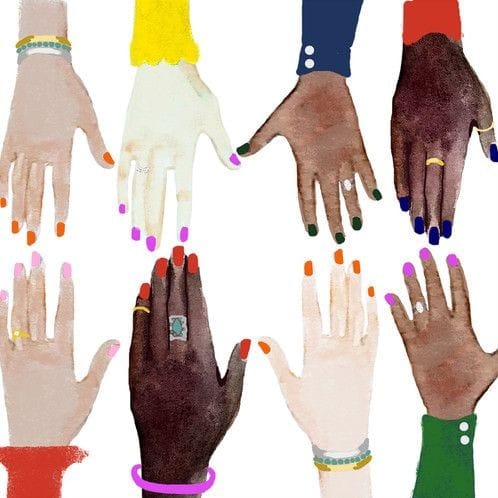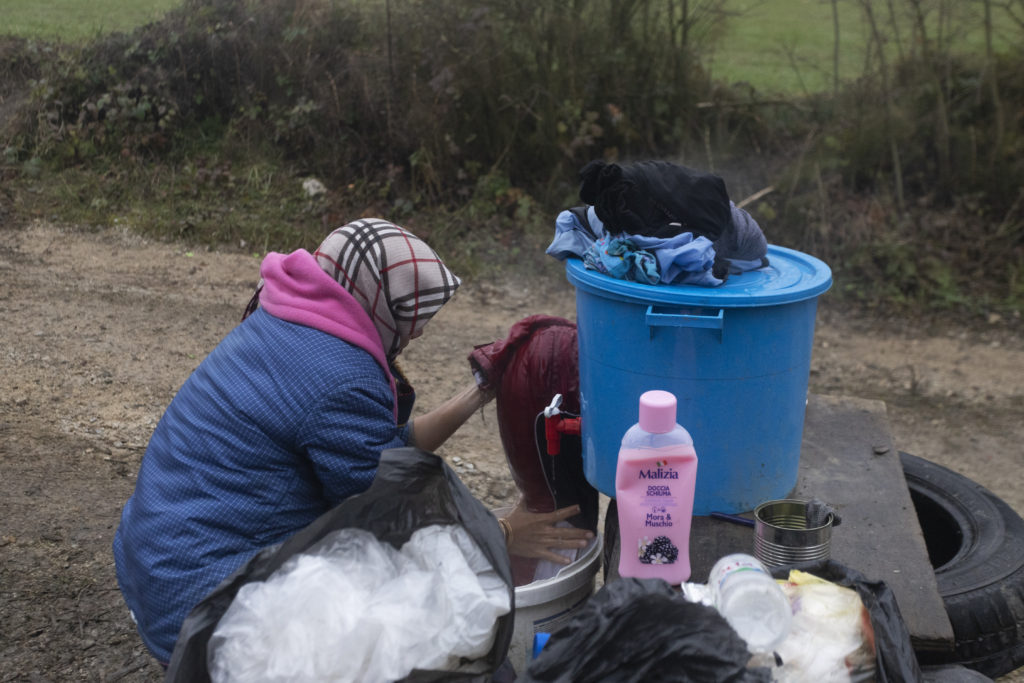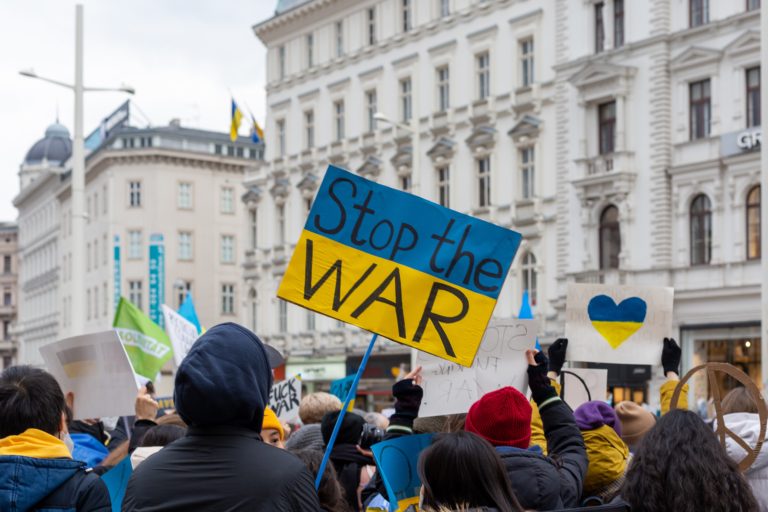As migration from South Asia to countries like the UK continues to rise, an alarming issue is surfacing — domestic abuse and abandonment within transnational marriages. Women migrating from India, Pakistan, and Bangladesh to join their husbands abroad are increasingly finding themselves trapped With Abusers, isolated from support and abandoned.
Written by Akansha Deshmukh
Edited by Nikita Jain
⚠️ Trigger Warning: This article contains accounts of abuse, domestic violence and rape.
The latest report by the University of Lincoln called Disposable Women: Abuse, Violence and Abandonment in Transnational Marriages brings this crisis to light.
The report documents how British-Indian and other South Asian men are taking advantage of their wives, often abandoning them after failing to extort more dowry or simply exploiting their vulnerable immigration status. It also highlights that while these marriages were once seen as a path to opportunity and stability, they have now become a gateway to violence and insecurity for many women.
Many women are abandoned—left with in-laws or forced to return to their home countries without any legal recourse. These women are left socially ostracised, financially devastated, and unable to pursue divorce or claim their rights due to weak enforcement of existing laws.
Pragna Patel, director of Southall Black Sisters (SBS), noted that while legal frameworks do exist to prosecute abandonment, lax enforcement allows perpetrators to escape accountability, leaving their wives isolated and vulnerable.
“As I reflect on my 40 years with SBS, I realise that the work we did was shaped by the strength and resilience of countless black and minority women who shared their painful stories with us. Our feminist struggles were deeply rooted in the realities of cultural harms like forced marriage, honour-based violence, marital captivity, and the challenges tied to transnational marriage abandonment”, said Pragna. “These cases were never just about individual acts of violence—they were about systemic issues of homelessness, poverty, racism, and immigration insecurities that disproportionately affect marginalised communities. These struggles will continue to fuel my advocacy work as we strive for justice and equality for all women”.
The impact of this crisis, however, extends beyond individual women, affecting entire families and communities. The stigma of abandonment makes it harder for siblings, especially sisters, to marry, and assumptions around sexual activity further marginalise these women, limiting their opportunities for employment and reintegration.
As the UK government reviews these findings, it faces pressure to address the systemic abuse within transnational marriages and ensure better protections for women. The stories documented in the Disposable Women report call for urgent action, exposing a disturbing reality faced by South Asian women who, instead of finding security through migration, encounter abuse, abandonment, and isolation.

Trapped by Tradition: A Punjabi Woman’s Journey from Marriage to Survival in the UK
Five years ago, a young woman from Punjab arrived in London full of hope. Manjeet Kaur* had dreams of earning a business degree, but her life took a sharp turn when her university suddenly closed. With no backup plan, her family arranged her marriage to a British-born Indian man. What followed was far from the life she imagined—it was a nightmare. In just a few months, she became trapped in a cycle of abuse at the hands of her husband and in-laws.
“They treated me like a prisoner,” she said, her voice quiet and heavy with emotion. “I could not leave, could not call my brother or even talk to my family.”
After nearly three years of suffering, she finally escaped to her brother’s home in Rotherham, a small town in northern England. Her in-laws refused to take her back, and when her husband showed up drunk and aggressive, she feared for her brother’s safety. Desperate, she turned to the police, who directed her to Apna Haq, a local centre that helps women from Black and minority ethnic (BME) backgrounds survive domestic abuse. For the past year, she’s been relying on their support to slowly rebuild her life. Now 32, she admits it took her years to ask for help, as she held back due to the fear of ruining her family’s reputation.
This fear is all too common, explains Zlakha Ahmed, who runs Apna Haq. In South Asian communities, the concept of “izzat,” or reputation, runs deep. Apna Haq is one of only a handful of services in the UK offering culturally sensitive support to BME women dealing with abuse, but the organisation is also under threat.
UK Government funding cuts have left many organisations like Apna Haq struggling to stay open, which will leave many women at risk, including the Manjeet survivor.
A UN report found that BME women are more likely to experience domestic violence in the UK, with higher rates of domestic homicides and suicides. Yet cultural taboos and fear often prevent them from seeking help. Many are warned against going to the police, told they will face worse consequences. These fears may seem exaggerated, but they reflect the harsh realities many women know from their home countries, leaving them isolated and trapped.
Apna Haq has been a safe space for women dealing with these challenges, but it is barely hanging on. In 2015, this organisation lost government funding to a larger, more general domestic abuse provider. However, Ahmed contends that mainstream services often lack the cultural understanding required to address the specific needs of minority communities effectively. Some women have been placed in shelters with food they can’t eat or housed in neighbourhoods they are scared and uncomfortable living in, forcing them back to their abusers. For Ahmed, this is why culturally specific services are so essential. But austerity measures continue to cut local budgets, threatening the very survival of these programs.
Despite the challenges, Ahmed hasn’t given up. In 2015, she led a protest to save Apna Haq, temporarily securing some funding, but the organisation now relies mostly on donations. Their future is uncertain, but for the women they serve, Apna Haq is the only source of hope.
One of those women is Nitu*. Separated from her husband, Nitu is beginning the long process of rebuilding her life. Through Apna Haq, she’s learning to drive and preparing to find work, gaining back a sense of independence and self-worth that she thought she’d lost. For Nitu, having Ahmed and Apna Haq by her side has made all the difference.
“I wouldn’t have felt the same with a white person,” she admits. “It means so much to have someone from our own community supporting me.”
Ahmed’s unwavering commitment has given women like Nitu not just practical support but also a sense of belonging and shared understanding. For Nitu, that sense of solidarity has become the foundation upon which she’s rebuilding her life, one step at a time.
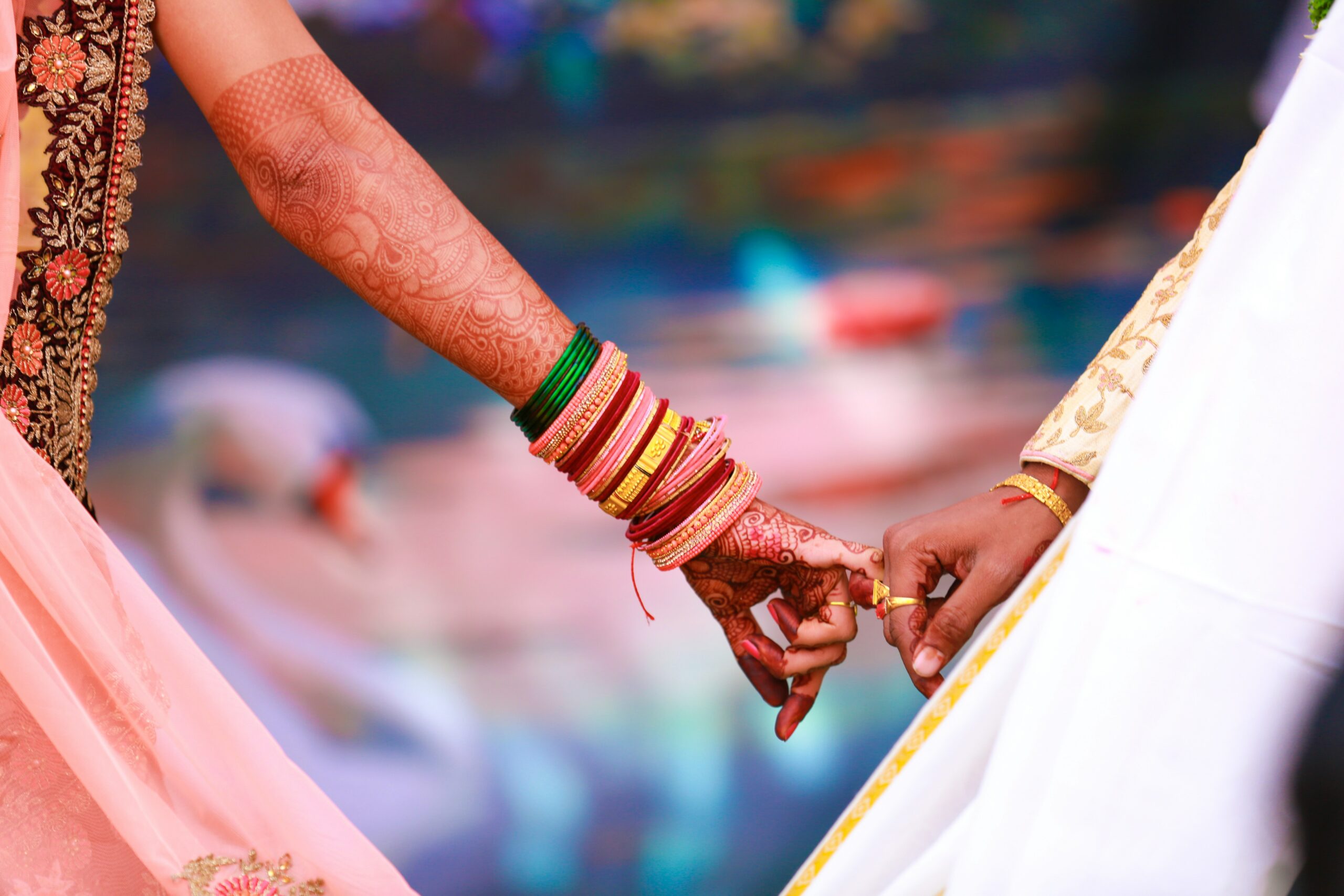
The Hidden Struggles of Indian Women Trapped in Abusive Marriages Abroad
Anjalika Sharma seemed to have it all: a successful consulting firm in Delhi, a promising future, and a husband who appeared to be the perfect match—an IT graduate, well-educated, and from a similar background. But within a month of moving to Britain to start their life together, everything took a dark turn. Sharma’s husband became abusive, shattering her dreams and plunging her into a nightmare.
The exploitation of women for financial gain in British-Indian communities is, unfortunately, not isolated. According to a 2020 report by Southall Black Sisters, an organisation that supports victims of gender-based violence in minority communities, there has been a troubling rise in cases of financial abuse against women, particularly among migrant and ethnic minority populations. Financial exploitation often includes forced dowries, control over bank accounts, and demands for money sent back to family members abroad.
Experts argue that UK laws, though robust in many areas, don’t always account for the unique cultural and immigration-related vulnerabilities faced by these women. For example, under UK immigration law, many women on spousal visas are dependent on their partner’s status, leaving them more vulnerable to abuse and exploitation with limited recourse.
Social workers, legal experts, and community advocates are calling for reforms that better protect victims in these situations. Speaking with The Guardian, legal advocate Preeti Sharma stressed that while mainstream domestic abuse services have improved, they often lack the cultural sensitivity needed to address financial exploitation, specifically targeting women from immigrant backgrounds. Moreover, recent studies indicate that only 20% of domestic abuse services in the UK offer tailored support for minority communities, leaving a significant gap in culturally appropriate care.
As Ahmed highlighted, generic services may struggle to understand the complexities these women face, underscoring the need for community-specific support systems and policy changes that prevent abusers from exploiting loopholes in immigration and financial laws.
In contrast, Indian laws create barriers that make escaping such relationships nearly impossible. Anjalika’s husband initially demanded that she sell her property in India, which was a gift from her parents, to buy a home in Britain. When she refused, the threats began.
“He threatened to cancel my visa, divorce me, and shame my family,” she recalled, her eyes filled with fear. As the abuse escalated, Sharma alleged her husband filmed himself raping her, using the videos as leverage against her. “If you report me, I will release these online,” she recalled his threats.
The British police are now investigating the case, but the fear lingered. “As Indians, we are scared of ending our marriages,” Sharma admitted. Despite her independence and financial security, it took her three agonising years to break free.
Sharma’s experience is part of a broader, troubling pattern. Thousands of Indian women move to the UK after marriage, only to find themselves trapped in abusive situations. Husbands can easily cancel their wives’ visas following disputes, leaving them isolated and without resources. “Men who bring their wives abroad know how to manipulate them because they know we have nowhere else to go,” Sharma explained.
Mamta Reddy, another victim, shared a similar tale. An IT consultant from Hyderabad ( the capital of southern India’s Telangana state), she moved to the UK three years ago, only to have her husband control her earnings and limit her freedom.
“He abused me so many times. I even went to his parents for help, but they ignored me,” she said, her voice trembling with pain. In July, her husband persuaded her to return to India under the pretence of resolving their issues, only to leave her stranded by taking her visa and returning to Britain without her. “He cancelled my visa and left me with nothing,” she lamented. “I haven’t seen a penny of the money I earned in the last three years.”
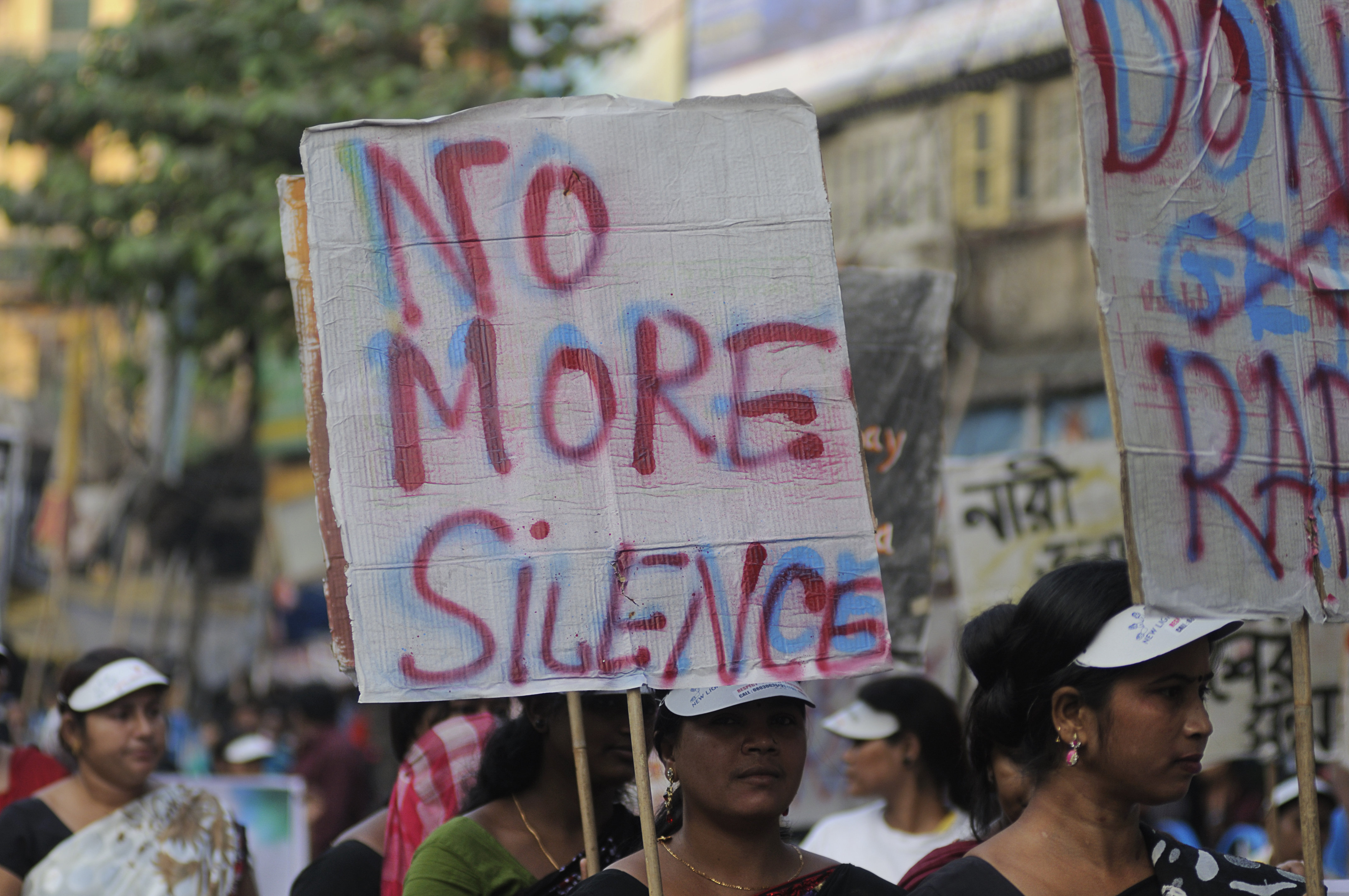
Amanjot Kaur Ramoowalia, who runs the charity Helping Hapless in Chandigarh, Punjab, estimates that around 15,000 women in Punjab alone have been left behind. “These men come, demand large dowries, marry, enjoy the honeymoon, and then never return,” she explained, a grim reality for many families. It is infuriating that British-Indian men are exploiting women in this way. The leniency of UK laws allows them to put women’s lives at risk, while Indian laws complicate the divorce process, leaving victims trapped. Moreover, the cultural constructs of izzat (honour) and shame continue to silence women, enabling their abuse.
Another heart-wrenching case is that of Harpreet, a young woman from Amritsar who was married to a British-Indian man in hopes of a promising future abroad. Shortly after their wedding, her husband returned to the UK, promising he would send for her soon. Months turned into years, and Harpreet received no news from him. Her family later discovered he had remarried in the UK, leaving her stranded with no support. The dowry her family had given him was never returned, and her requests for divorce were met with resistance from both his family and complex Indian legal proceedings.
Harpreet’s case is emblematic of a wider pattern: men marrying women in India, exploiting their families financially, and then abandoning them. UK laws provide limited mechanisms to address these cases, and once men are abroad, they can evade accountability with relative ease. Meanwhile, Indian courts can take years to process divorce petitions, especially without the husband’s cooperation, leaving women like Harpreet in an agonising state of limbo. The cultural stigma surrounding divorce compounds the issue, with many women feeling immense pressure to keep silent rather than bring “shame” to their families.
Initially, Sharma felt too ashamed to speak out. But she is no longer willing to stay silent. “Now I am determined to get him arrested. This is the right thing to do,” she declared with newfound strength. Her resolve offers hope that justice can prevail, not just for her but for countless other women who share her story. As these brave women continue to fight for their rights, we must ask ourselves: how many more lives will be upended before systemic change takes place?
As migration continues to reshape the lives of South Asian women seeking better futures abroad, the troubling reality of domestic abuse within transnational marriages has become a larger issue at hand. For many, the promise of a new life often devolves into a struggle for survival, where love transforms into control, and hope gives way to despair. The cultural constructs of izzat and the stigmas surrounding divorce not only entrap these women but also perpetuate cycles of silence and shame that hinder their ability to seek help.
Yet amid this darkness, there is a growing movement of resilience. Women are beginning to break free from the confines of fear, reclaiming their narratives and demanding justice. The collective courage of those who choose to speak out not only challenges the status quo but also illuminates the urgent need for systemic change. As society becomes more aware of these hidden struggles, it is imperative that we foster an environment where victims are supported and empowered. Only then can we hope to dismantle the barriers that enable such exploitation and create a future where every woman, regardless of her background, can pursue her dreams free from the threat of violence and abuse.
*Names were changed due to safety concerns and requests.
Feature image by Salar Arif on Unsplash
If you or someone you know is in immediate danger or in need of urgent protection, call the police on 999.
For more info on where to find help, click here.

Akansha Deshmukh is an independent investigative journalist and documentarian based in India who covers serious crime, cyberspace, terrorism, and political corruption.

